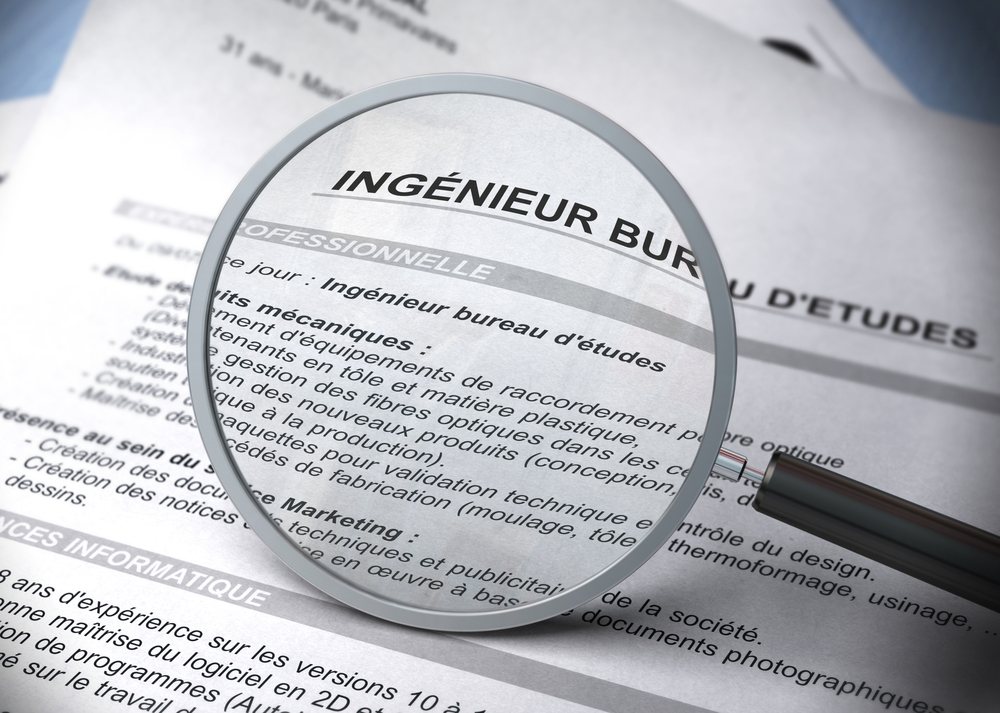If you were applying for a role in the UK you could probably get away with dusting off the old faithful CV.
You still may get away with doing that. But depending on the job you are applying for, employers may ask for your résumé in English, French or both.
But before you go down the route of using Google Translate it’s worth remembering that it’s always better to tailor a CV for the market you want to work in.
In France, there are certain differences in the content required.
That in mind let’s look at some of the steps required to create an outstanding French CV.
Structure your CV for French employers
Employers in France do not tend to value over-selling yourself. Whilst a British CV might talk about your ‘outstanding people skills’, French ones tend to be more factual and to the point.
Moreover, in France, CVs tend to contain more personal details, such as your nationality, date of birth, and marital status, whereas in many other countries this wouldn’t be appropriate.
Unlike a UK CV you’ll want to add the following:
Head-shot
In France, as with many other European countries, including a photo of yourself is encouraged.
Add a passport sized, professional looking head-shot to the top of your CV.
Details
Put your name, date of birth, nationality and contact details in the first section of your CV, in a clear list format.
If you like, you can also include a couple of sentences summarising your qualities, but this can also be saved for the covering letter.
Education
Summarise your education history from most recent to least. Include school names, qualifications, grades and dates.
Make it as easy as possible for the employer to read over your application and find all the relevant information quickly.
Experience
Put down all of your professional experience from most recent to least.
Include company names, dates, and a brief description of your position and responsibilities within each job.
Competencies
What skills do you have that would be useful in a work environment? Include information on your language skills, IT abilities, and any other qualifications you have.
Hobbies
Write a bit about you. What are your hobbies? What are some of your best personal or extra-curricular achievements?
Mention some examples to show the employer that you are a well-rounded, interesting individual.
Use the correct vocabulary
There are many useful translation sites that can be used if you’re stuck, such as this in depth list of résumé related vocabulary and example phrases.
Find equivalent qualifications
Have you ever seen ‘Bac+3 required’ on a French job description and been completely confused? There is not only a language barrier to contend with here, but also an entirely different education system to navigate.
When listing GCSEs or A levels, it is simplest just to write them as you would for an English résumé, but it’s still good to know in case you are asked. Below are some of the French equivalents to British qualifications.
Baccalauréat – A levels/ exams that allow you to apply to university
BTS/ DUT/ IUT – 2 years after completing the Bac
License or Bachelor – 3 years after completing the Bac, equivalent to most Undergraduate degrees
Maîtrise/ Master – 5 years after completing the Bac, equivalent to most Master’s degrees
Bac+(x) – The number (x) is equivalent to the years spent in education after achieving the Baccalaureate.
Include your nationality
Make sure your résumé includes your nationality and language skills. Write about how your international perspective could be an asset to the company.
Many employers value language skills highly, so highlight those that you are fluent in, and include your level of French according to the CECRL language grades (A1 – C2).
Check and check again
If you’re not fluent in French, it can be difficult to know whether your writing is accurate or not.
However it is important to make sure that there aren’t any spelling or grammar mistakes in your CV, as they will make you come across as very unprofessional.
Aside from a basic spell check, there are several ways to make sure that your CV is thoroughly proof-read.
You can use an online grammar checker such as Scribens and Bon Patron.
These will flag up basic errors in gender agreements, verb endings, and so on, and are well worth a try.
However, there are many more nuanced problems that an online grammar checker will be not able to pick up on.
For this reason, it can be a good idea to ask someone who is fluent in French to check your CV.





